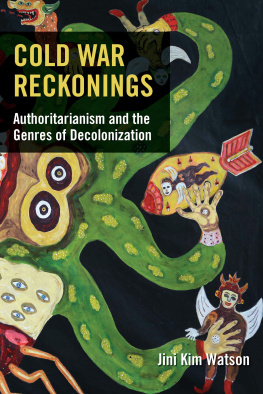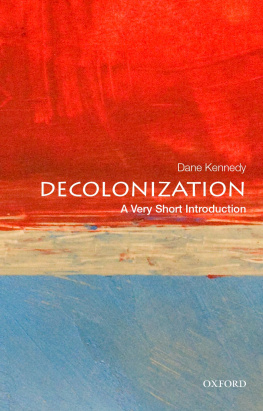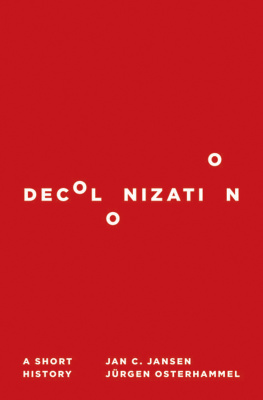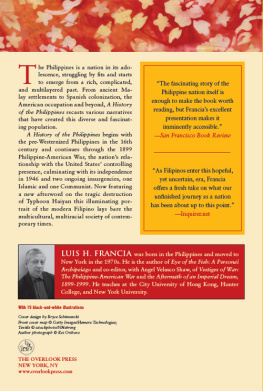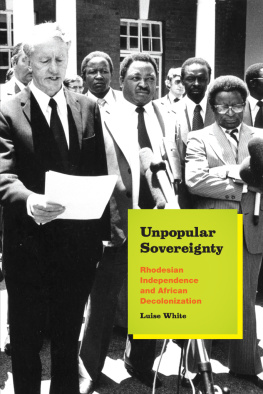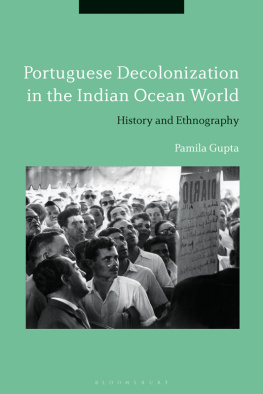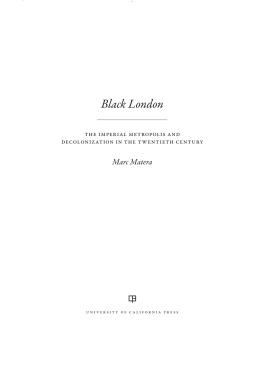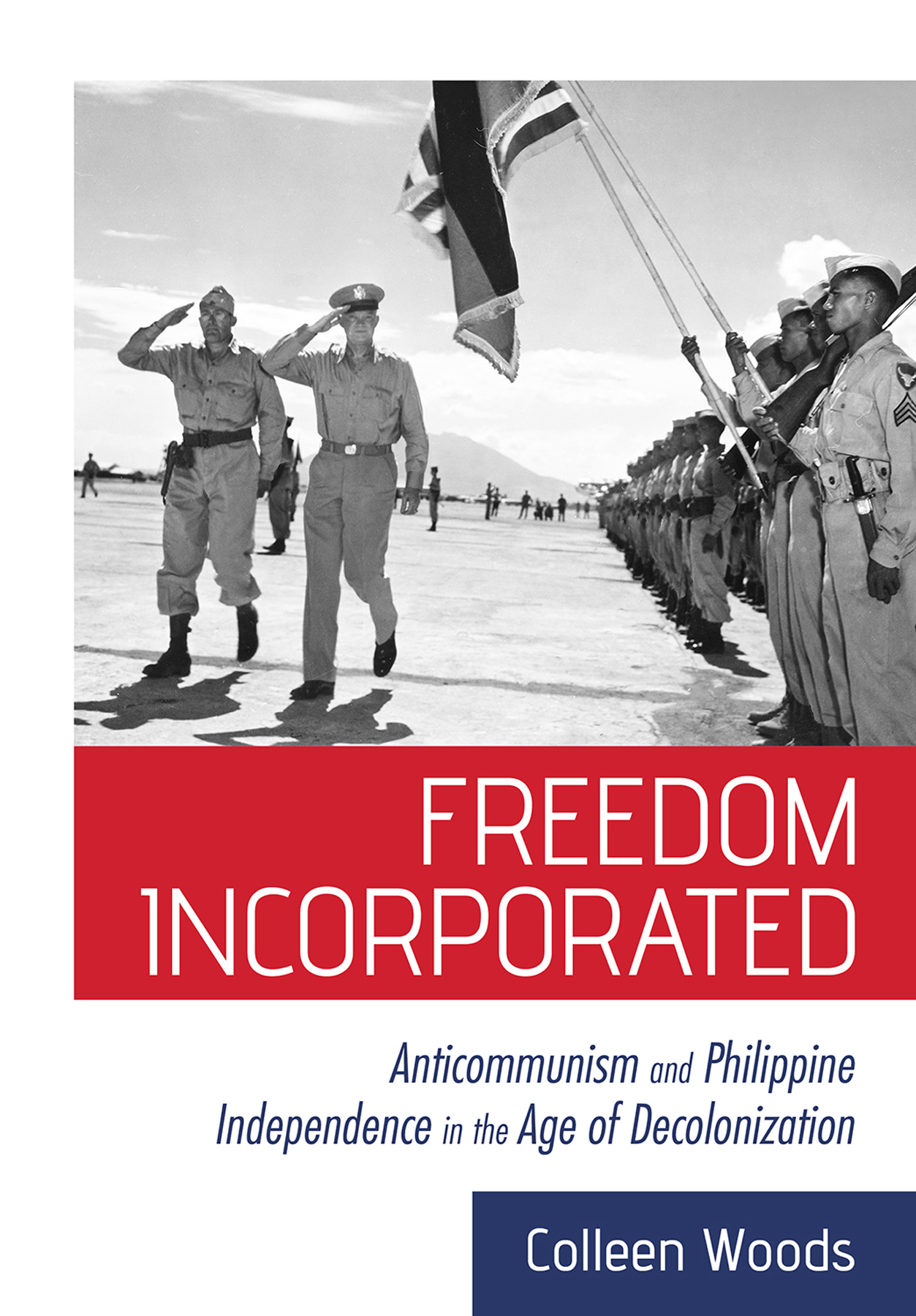Colleen Woods - Freedom Incorporated: Anticommunism and Philippine Independence in the Age of Decolonization
Here you can read online Colleen Woods - Freedom Incorporated: Anticommunism and Philippine Independence in the Age of Decolonization full text of the book (entire story) in english for free. Download pdf and epub, get meaning, cover and reviews about this ebook. year: 2020, publisher: Cornell University Press, genre: Politics. Description of the work, (preface) as well as reviews are available. Best literature library LitArk.com created for fans of good reading and offers a wide selection of genres:
Romance novel
Science fiction
Adventure
Detective
Science
History
Home and family
Prose
Art
Politics
Computer
Non-fiction
Religion
Business
Children
Humor
Choose a favorite category and find really read worthwhile books. Enjoy immersion in the world of imagination, feel the emotions of the characters or learn something new for yourself, make an fascinating discovery.

- Book:Freedom Incorporated: Anticommunism and Philippine Independence in the Age of Decolonization
- Author:
- Publisher:Cornell University Press
- Genre:
- Year:2020
- Rating:5 / 5
- Favourites:Add to favourites
- Your mark:
Freedom Incorporated: Anticommunism and Philippine Independence in the Age of Decolonization: summary, description and annotation
We offer to read an annotation, description, summary or preface (depends on what the author of the book "Freedom Incorporated: Anticommunism and Philippine Independence in the Age of Decolonization" wrote himself). If you haven't found the necessary information about the book — write in the comments, we will try to find it.
Freedom Incorporated demonstrates how anticommunist political projects were critical to the United States expanding imperial power in the age of decolonization, and how anticommunism was essential to the growing global economy of imperial violence in the Cold War era.
In this broad historical account, Colleen Woods demonstrates how, in the mid-twentieth century Philippines, US policymakers and Filipino elites promoted the islands as a model colony. In the wake of World War II, as the decolonization movement strengthened, those same political actors pivoted and, after Philippine independence in 1946, lauded the archipelago as a successful postcolonial democracy. Officials at Malacaang Palace and the White House touted the 1946 signing of the liberating Treaty of Manila as a testament to the US commitment to the liberation of colonized people and celebrated it under the moniker of PhilippineAmerican Friendship Day. Despite elite propaganda, from the early 1930s to late 1950s, radical movements in the Philippines highlighted US hegemony over the new Republic of the Philippines and, in so doing, threatened American efforts to separate the US from sordid histories of empire, imperialism, and the colonial racial order.
Woods finds that in order to justify US intervention in an ostensibly independent Philippine nation, anticommunist Filipinos and their American allies transformed local political struggles in the Philippines into sites of resistance against global communist revolution. By linking political struggles over local resources, like the Hukbalahap Rebellion in central Luzon, to a war against communism, American and Filipino anticommunists legitimized the use of violence as a means to capture and contain alternative forms of political, economic, and social organization. Placing the post-World War II history of anticommunism in the Philippines within a larger imperial framework, in Freedom Incorporated Woods illustrates how American and Filipino intelligence agents, military officials, paramilitaries, state bureaucrats, academics, and entrepreneurs mobilized anticommunist politics to contain challenges to elite rule in the Philippines.
Colleen Woods: author's other books
Who wrote Freedom Incorporated: Anticommunism and Philippine Independence in the Age of Decolonization? Find out the surname, the name of the author of the book and a list of all author's works by series.

